
2018-19 Abstract: The Relationship Between Licit and Illicit Global Capital Flows: Ethnography, Economy, and Law
Research on global markets tends to center on either formal markets or shadow economies. Few scholars look at the intertwining relationship between licit and illicit activity in markets. Economists typically cover the realm of the formal economy by using statistics, modeling, and simulation of financial flows, which are devoid of real-life market actors, while humanistic and sociological approaches tend to focus on illicit trades through ethnographies of money laundering, criminal networks, sex work, or shadow banking. While both approaches produce valid insights, neither approach holistically addresses the question of how illicit activities (i.e. bribery, corruption) necessitate the flow of global capital into formal economies around the world. Emerging markets, which are highly unregulated and subject to corruption, enable us to theorize the intersection between legal vs. illegal activity in markets. These are places where people, politicians, and scholars know that formal and informal economies overlap, yet no one has examined how they overlap.

Abstract: Gender Inequality in the Japanese Workplace Abstract
This project is concerned with an English translation and publication of my book on gender inequality in the Japanese workplace, published originally in Japanese in May, 2017 from Nikkei News Paper publication in Japan. The book get a book award in Japan, which is considered as the most prestigious book award in the social sciences, Nikkei Economic Books Culture Award, in November 3 d , 2017, which is the Culture Day in Japan. The title of the award is my literal translation from Japanese, and the letter from Springer, which I describe below refers to as the “Nikkei Prize for Excellent Books in Economic Science.” The award has actually been given to books in a wider area of social sciences, including but not limited to, management science, sociology, history, and political science, as long as the book is relevant for the economy ‐‐ although there were only four award receiving books written by sociologists in the 60 ‐ year history of this award.

Biography:
Yuhao Zhuang is a joint doctoral candidate in Sociology and Business at the University of Chicago. His research primarily asks how interrelationships between state, market, and civil society evolve across various political contexts. Drawing on qualitative, statistical, and computational methods, his dissertation focuses on the unanticipated disengagement of corporate philanthropy from the repressive state’s exploitation in contemporary China. In other recent projects, he studies procurement strategies of the U.S. government, discursive transformation of China’s state media, and the role of physical copresence in bridging political opinion dividesin the social services sector of China. Yuhao’s research has been supported by the Rustandy Center for Social Sector Innovation, the Social Sciences Research Center, and the Center for East Asian Studies at the University of Chicago, among others. He holds an M.A. in Social Sciences from the University of Chicago and a B.A. in Sociology from East China Normal University, China.
Dissertation: Commercializing Benevolence: The Architecture of Grassroots-Oriented Corporate Philanthropy in Contemporary China
revalent research and popular media accounts have suggested that government-controlled charities in China solicit philanthropic donations from firms via intimidation and clientelism, yet little is known why corporate gifts increasingly flow to grassroots nonprofit organizations unaffiliated with the state. Drawing on comprehensive corporate donation data, 15-month participant observation, and 120 in-depth interviews, this dissertation identifies the conditions conducive to this unanticipated grassroots-oriented corporate philanthropy on the sides of both donors and recipients. Rather than sacrificing monetary resources for access to political capital as in collaboration with government charities, according to this dissertation, Chinese firms seek to prioritize their own commercial objectives of business growth when contributing to grassroots nonprofits. Specifically, the current dissertation advances three interconnected arguments: First, private exercise of government functions extricates Chinese firms from obligation to donate to state-controlled nonprofits. Second, grassroots-oriented corporate philanthropy creates opportunity for Chinese government contractors to promote and innovate corporate products. Third, commercially-oriented corporate sponsors funnel more donations to grassroots charities that engage in intense yet ambiguous local status competition, where nonprofits become more capable of social problem-solving and more malleable to lucrative pursuits. These findings inform a strategic commercialization theory of corporate philanthropy and contribute more broadly to theories of political embeddedness, market-society relation, and social status hierarchy.
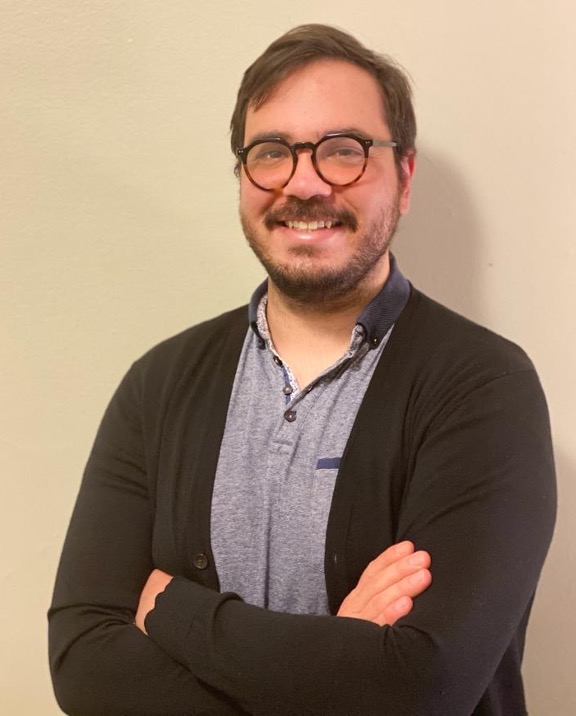
Biography:
Ariel Azar is a Fulbright Foreign Student Fellow from Chile and a PhD Candidate at the Department of Sociology. His research seeks to understand the way in which institutional arrangements are capable of modeling health inequalities across time and space in different contexts and regions, and across cohorts. His research seeks to put political sociology and social epidemiology in dialogue, emphasizing how exposure to institutions across the life course matters for the distribution of health. Additionally, Ariel is interested in understanding people's attitudes towards welfare states, particularly towards health care systems. He is also interested in expanding techniques for spatial sequential data analysis.
Dissertation:
My dissertation draws on several sources to understand how exposure to varying institutional and policy contexts across people’s life courses shape their health. I use cross-national harmonized longitudinal microdata, country-level institutional data for Latin American, European, and Asian countries, state-level data within the U.S, and also a novel dataset elaborated from coded international reports on pension systems and social security. With these, I seek to understand (1) how the health status of Latin American immigrants in the United States varies by the level of exposure to varying policy contexts pre-and post-migration in both their countries of origin and states of destination; (2) how certain features of pension systems can explain variation in the relationship between retirement timing and health; and (3) how variations in the relationship between loneliness and health across time and space can be explained as a function of the level of people’s exposure to defamilization policies. By showing the way life course exposures to varying institutional contexts matter for the relationship between stratification and health, I expect to contribute to the emerging intersection between political sociology, social epidemiology, and life course research, and also to add to the base of evidence informing policy interventions seeking to reduce health inequalities.
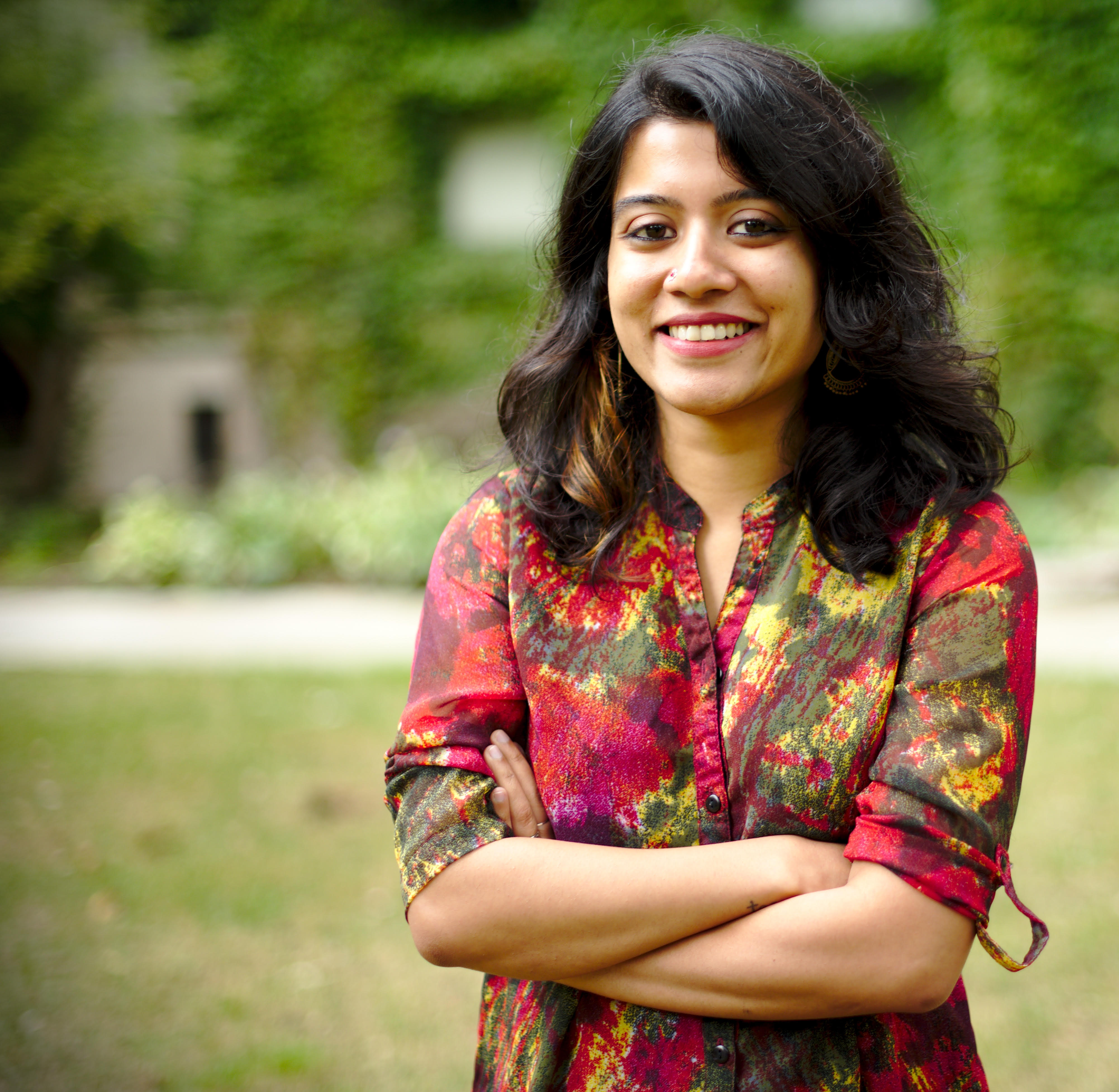
Biography:
Sneha Annavarapu is a PhD Candidate in the Department of Sociology at the University of Chicago. Prior to coming to Chicago, she received an integrated M.A. in Development Studies from the Indian Institute of Technology Madras in Chennai, India. Sneha’s research interests are at the intersection of urbanization, politics and social control in South Asia and her work has previously been published in Journal of Consumer Culture, Journal of Historical Sociology, Journal of Developing Societies, and Economic and Political Weekly. A strong proponent of writing for popular outlets, she has written think-pieces for Public Books, Agents of Ishq, The Wire and The Hindu.
Dissertation: “Moving Targets: of traffic rules, police authority, and road safety in Hyderabad, India”
This disseration is an exploration of how driving behavior is becoming a site of contestation and conversation around development and modernity in contemporary India. She first shows how in transnational and domestic middle-class discourses around road traffic, what is often articulated is a ‘problem of governance’ that is tied to a ‘problem with governance’. On the one hand is the figure of the “unruly Indian driver” who treats “traffic rules as mere suggestions”, and on the other hand are “corrupt and ineffective” state agencies (licensing authority and law-enforcement) that are unable to discipline the unruly drivers. But going beyond the discursive realm, and drawing on fifteen months of ethnographic fieldwork carried out in the southern city of Hyderabad between 2017-2019, Sneha delves into how state agencies in the city are attempting to elicit obedience to traffic rules, how these attempts resonate with and implicate the practices of Hyderabadi drivers, how gender and class relations shape (and are shaped by) everyday encounters between drivers, traffic rules and police authority in the broader context of “making roads safer”. On the one hand, this study contributes to the rich scholarship on postcolonial governance and urban politics in South Asia; on the other hand, it speaks to classic sociological concerns that address social control and social inequality in everyday life.
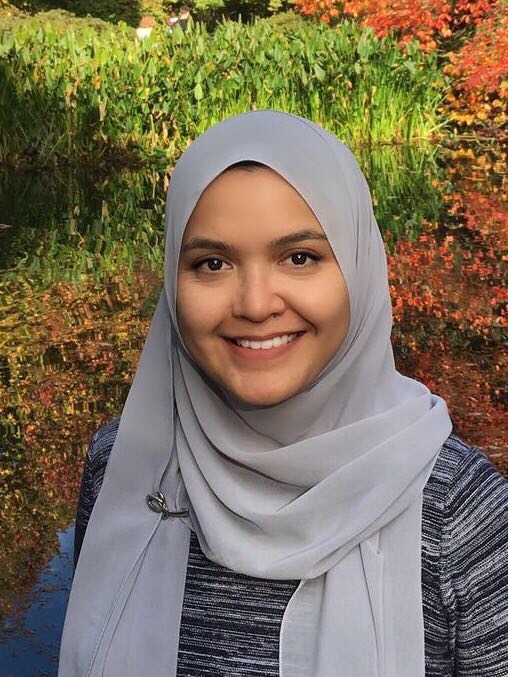
Biography:
Hanisah Binte Abdullah Sani is a PhD candidate in Sociology at the University of Chicago. Her current research focuses on the politico-legal administration of religion in developmental states. Using ethnographic and historical methods, her dissertation examines the relationship between colonial state building, elite competition, and contemporary jurisdictional conflicts on the secular and religious courts in Malaysia. She has published research in Space and Culture, where she examines the religious experience of a minority community in plural society. She has also done research on the growth of new religious movements, and conflicts of religious ideologies in Southeast Asia.
Abstract:
Despite a highly centralized government, why do conflicts between religious and secular courts become politicized and even turn violent in some states more than in others? Through a comparative analysis of jurisdictional conflicts on the syariah and civil courts across four states in the Federation of Malaysia, my dissertation addresses this question. Current literature focus on ethnic demographics or party politics, leaving out the role religious elites play in jurisdictional conflicts. I argue that contemporary jurisdictional conflicts become politicized in some states more than in others because of the extent to which religious elites are incorporated into the legal system, a process historically conditioned in the colonial state. In a bid to centralize state power, the colonial state co-opted religious elites into legal administration. Consequently, this led to the growth of a religious bureaucracy which strengthened the political position of religious elites. Amidst the growing role of religion in public life, my dissertation contributes to further understand how religious elites shape the political governance of modern legal institutions. A comparative ethnographic and historical analysis reveals how variation in elite competition across states is situated within the context of regime transformation and social change.
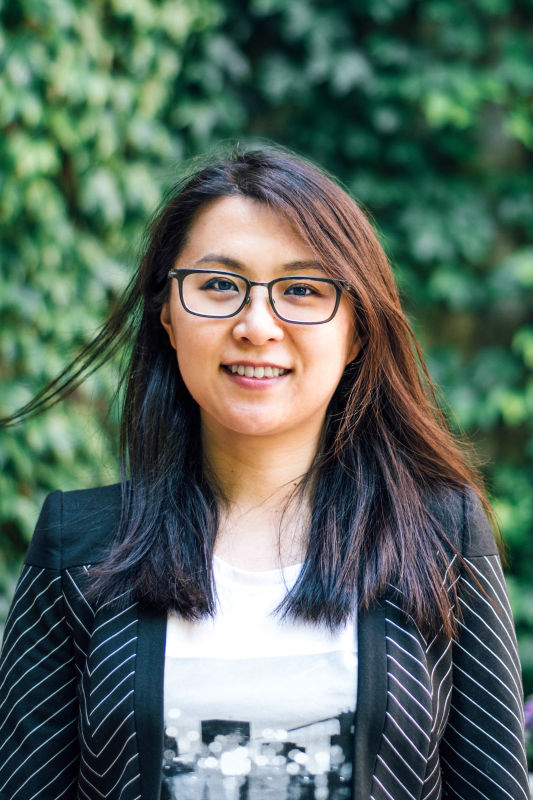
Biography:
Wen Xie is a Ph.D. Candidate in Sociology at the University of Chicago. Trained as an economic and comparative historical sociologist, she is broadly interested in political economic transformations in the twentieth century and more particularly interested in capitalist transformations of actually existing socialism. She is keen to know how common people’s life experiences amid rapid political economic transformations in the past century could help us understand our own identity formation, economic ethos, hope and aspirations in the new era. These research interests guide her scholarship as it intersects with social change, political economy, historical demography and development studies.
Dissertation: The Making of the Chinese Rustbelt: Socialist Legacy, Market Transformation and Generational Experiences, 1950s-2010s
Her dissertation examines social change in Northeast China. She asks why, despite China’s miraculous economic growth, the formerly prosperous Northeast did not succeed in developing as robust a market economy as other regions in China. Instead, it became the first region to enter decline, and a political and economic culture arose that was prone to welfare dependency, corruption, an overly bureaucratized government, and reliance on personal ties (guanxi). Based on one year of multi-sited fieldwork in the region, she argues that Northeast China did not successfully develop a market culture because the baby boom generation in the region, whose life course was shaped by political movements, danwei employment, and market reforms of state sectors, fails to become professional bureaucrats or disciplined workers based on impersonal rules and remains reliant on personal ties to secure resources.
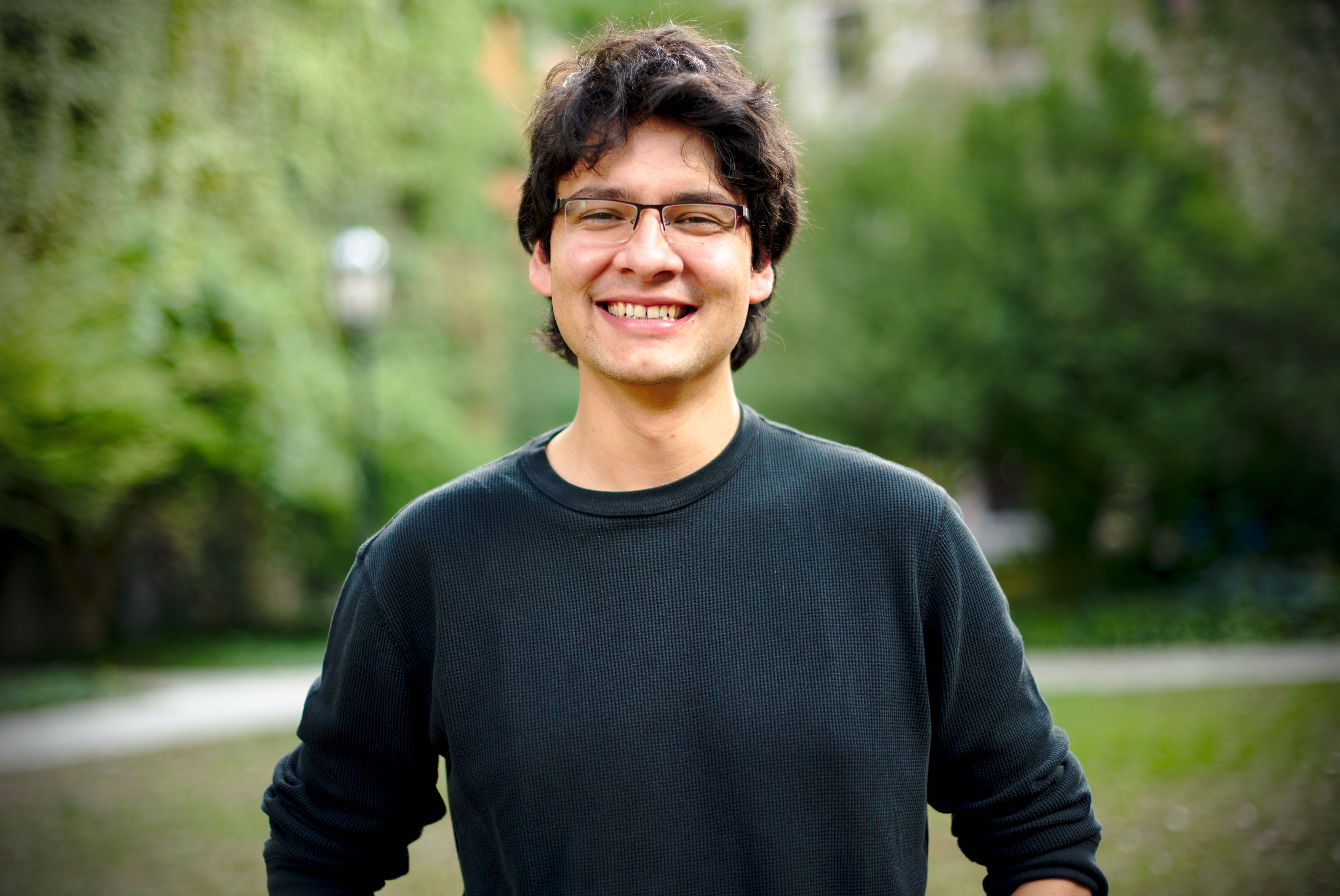
This dissertation inquiries into the decay of parties and the reconfiguration of electoral competition in contexts of internal violence. It asks three questions: 1) How does a democratic context in which parties were central organizing forces work without them? 2) How are political identities constructed and politics organized in such a context? 3) What are the forms of organizing, mobilizing, and contesting for power in the absence of strong parties? By leveraging on subnational variation, it studies these questions using intermediate cities in Colombia. The literature on conflict has played special attention to rural contexts, and to the expressions of violence in urban metropolitan centers. This dissertation opens ground through a comparative analysis of intermediate cities; those where the realities of conflict and modernization compete most tightly to create new political realities. In such contexts, civil society is not obliterated by violent actors, there is a degree of protection granted by state institutions with some capacity and international networks that channel resources. In other words, this dissertation builds an account of the democratic expansion of the 1990s, accompanied by the entry of new players and logics into institutional politics, and the weakening of the praised-to-be central democratic institutions, political parties.
Biography:
Nicolás Torres-Echeverry is a Ph.D. student in the sociology department, interested in processes of political change and stability. His research centers on the democratic opening tied to third-wave democracies and the forms of contesting for power that have emerged in Global South countries after the transition. He is particularly interested in understanding the social units that hold mobilization capacity and how they configure and reconfigure into different aggregates. From this perspective, he argues that political parties can be decomposed into smaller social units that have more explanatory potential to understand political stability and change. He understands the recent decentralizing forces for political action—like social media—as forces that reconfigure the political units. He contends that the processes of democratic transition are linked to forms of current democratic backsliding, and that the current weakening of political parties forces us to look at the other forms of mobilizing, contesting, and organizing to compete for power, pushing for a transformation of how we usually think about politics and mobilization in democracies.
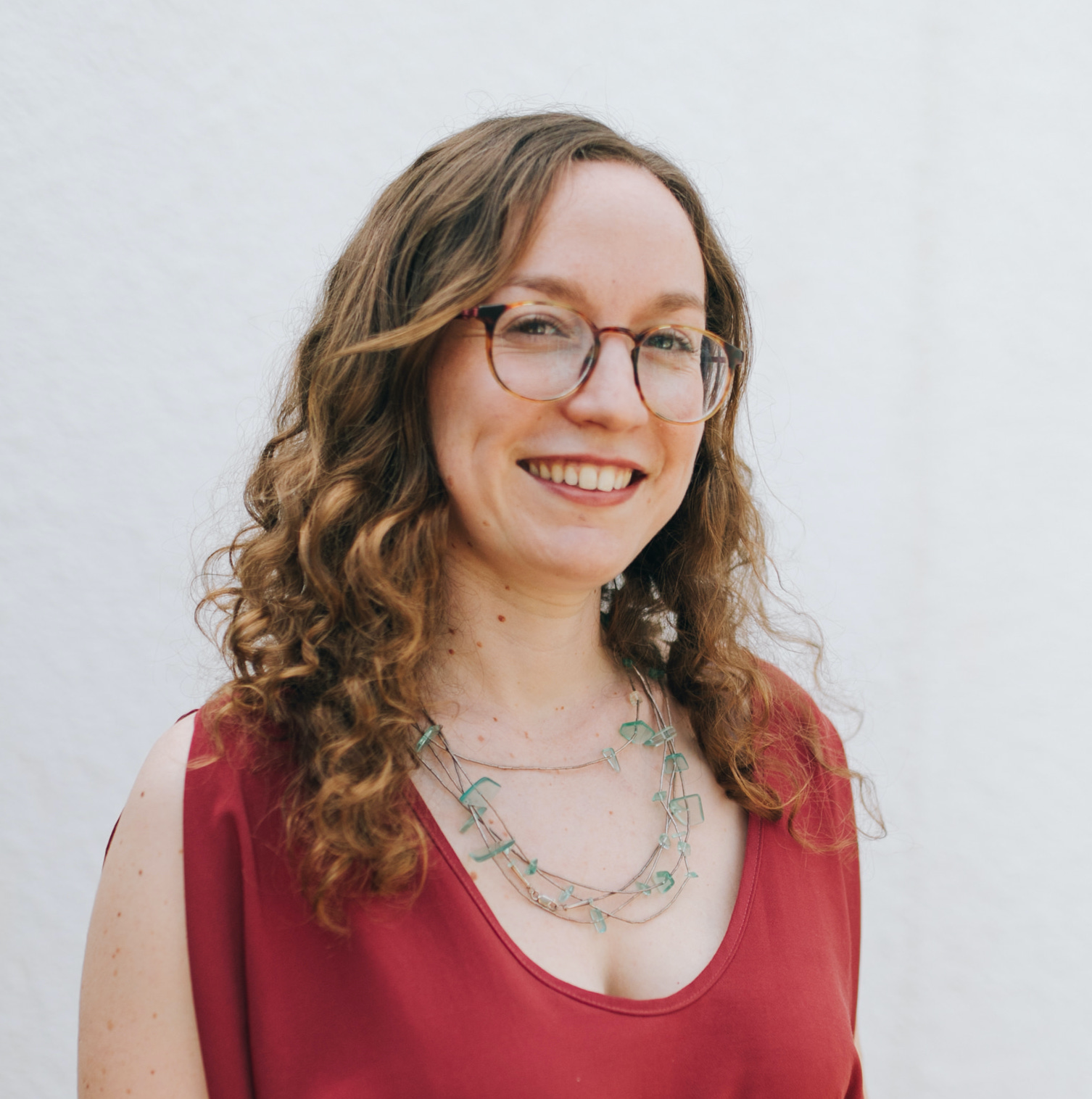
Contemporary cities are rife with conflicts, emerging out of tensions between the built environment, national sovereignty, and social, cultural, and ethnic identities. Globalization, immigration, financial and political crises, and violence made cities’ circumstances particularly precarious. These processes add to external pressures cities face, from political interests, cultural discourses, economic stakes, religious beliefs, and symbolic interpretations. These pressures not only influence urban development, but also shape the local everyday life of residents. Thus, it is essential to explore how urban communities negotiate issues, dilemmas, and tensions arising under contemporary conditions. Among these is neighborhood “diversity,” referring to the ways residents interact within and between groups in urban everyday life. Exploring neighborhoods in Jerusalem, this ethnographic project seeks to discover How do civically engaged residents make sense of diversity in their local urban community and in the city, given political, national, ethnic, and religious tensions? It seeks to understand how people perceive their neighbors within and across neighborhoods to shed light on the dynamics between everyday life and its contested urban context. It looks to examine the lived experiences of diversity through residents’ perceptions and practices, to distill how local communities make sense of the broader global, national, and urban discourses.
Biography:
Noa Neumark is a PhD student at the Department of Sociology. Her work focuses on questions of identity, belonging, and difference in contested political and urban settings. She is particularly interested in exploring how neighborhood residents in Jerusalem make sense of diversity in their local urban community and in the city, given political, national, ethnic, and religious tensions. In previous work she examined the politics of archaeology and knowledge-based activism in Israel/Palestine.
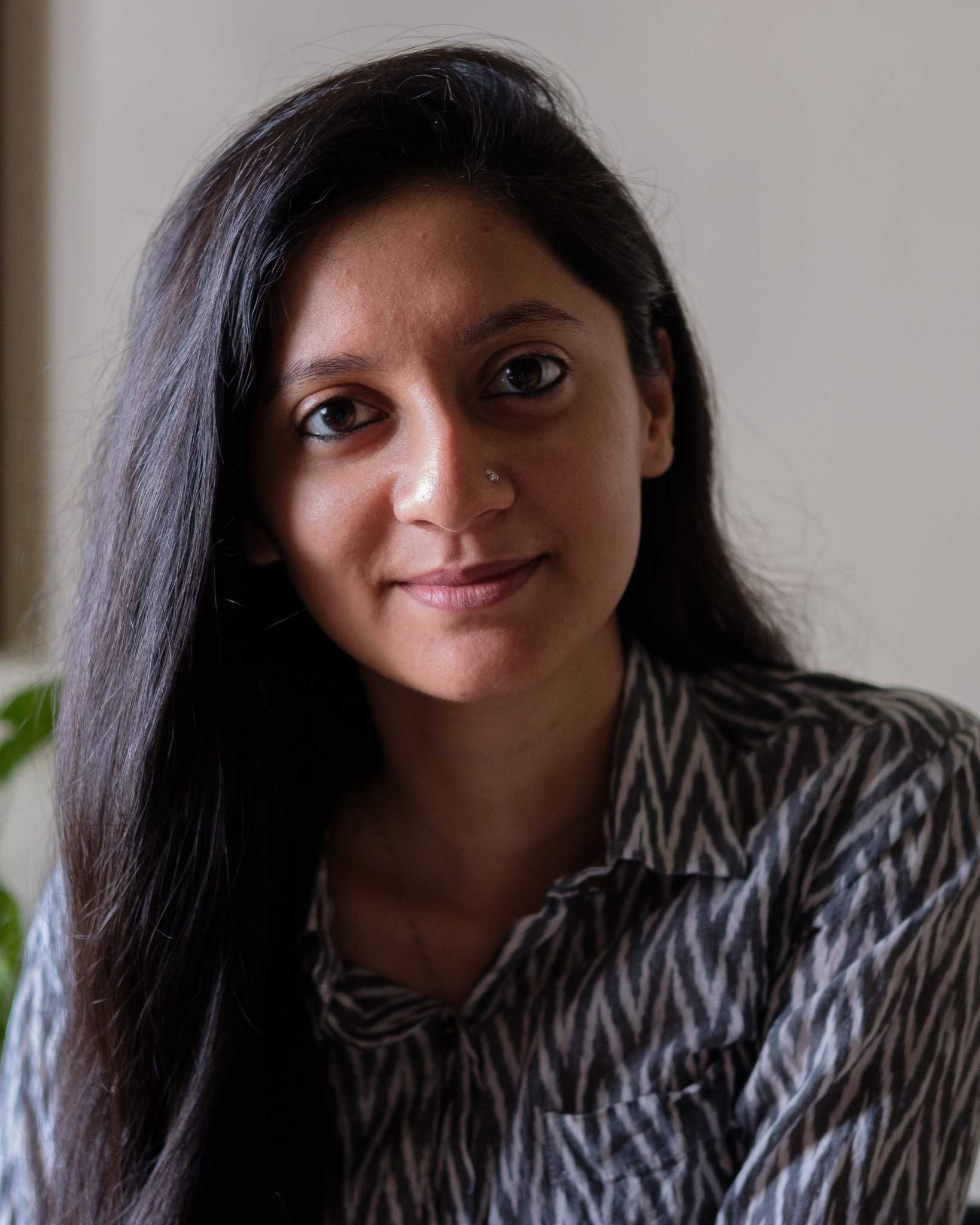
The rise and persistence of informality in the Indian labor force has intensified inequality among the urban poor. Broadly, the informal economy refers to all income generating activities beyond official state regulation. Against the backdrop of an economy where 92% of the labor force is in the informal sector, the objective of this project is to explain how inequality engendered by informal labor conditions manifests in urban India. I aim to do this through ethnographic case studies of specific sectors in the informal economy. Gender forms a central focus of the project since the informal labor workforce largely comprises women engaged in unpaid and emotional labor in the household.
Biography:
Priyanjali Mitra is a second year Ph.D. student in Sociology at the University of Chicago. She holds an MSc from the University of Oxford and a BA (Hons.) from the University of Delhi in sociology. Her research interests lie at the intersection of gender, urban and economic sociology with a focus on issues of labour in cities in the Global South. Previously she has worked in the development sector in a range of organizations- consultancies, multi laterals and grassroots advocacy groups in South and South East Asia.